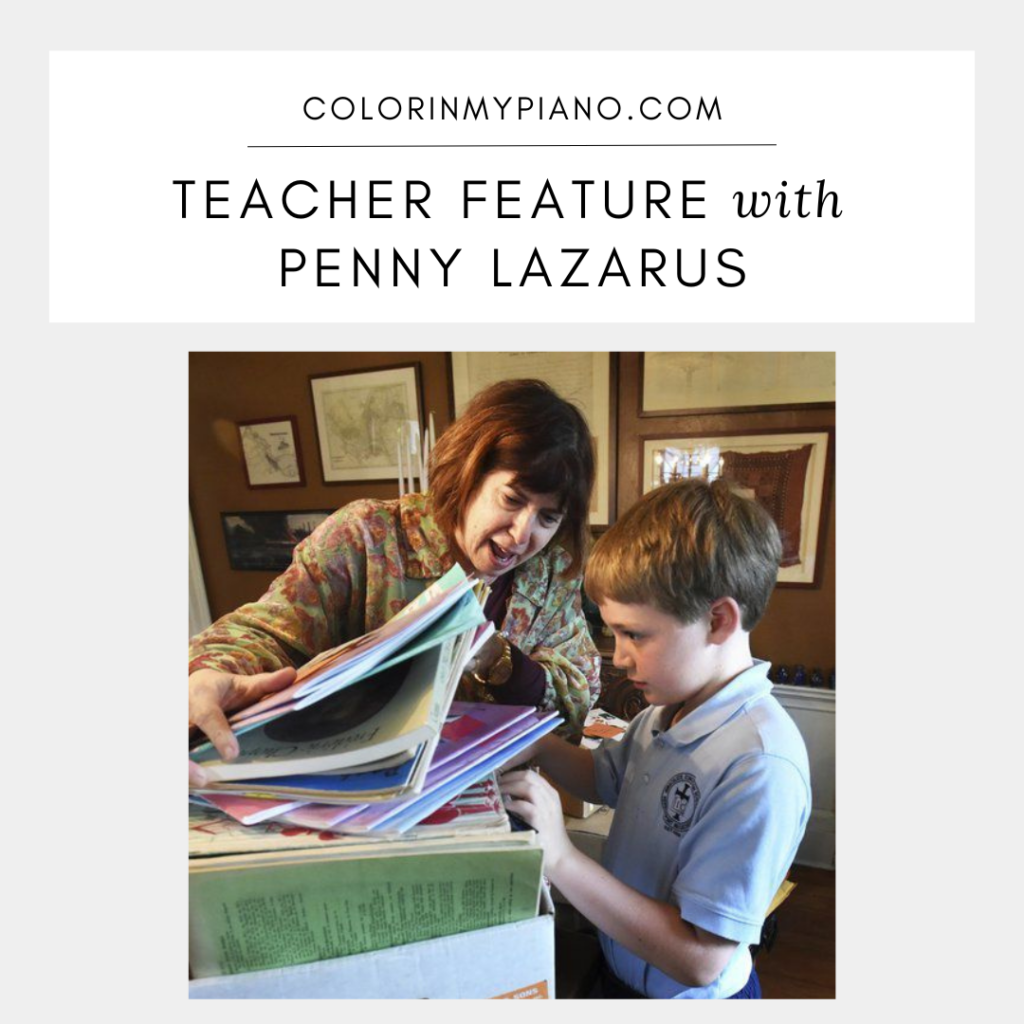
A few months ago, I was inspired to see a Facebook post by my colleague Penny Lazarus, a piano teacher in Newburyport, Massachusetts, about her studio fundraising projects. Since starting these yearly projects back in 2010, she has raised over $20,000 total to support a variety of non-profit causes across the years. Wow!
Inspired by this, I just had to reach out and ask for more details and hear the story behind this unique practice. Penny was delighted to share about what she’s been doing with her students. We had an enjoyable conversation over Zoom, and Penny also wrote wonderful responses to my written questions. The result is this Teacher Feature post, a continuation of a series I’ve published off-and-on here on my blog over the years.
Without further ado, below is my interview conversation with Penny. I hope you’ll be inspired by her projects.
Tell us a little about you and your teaching.
I maintain a 45-student private piano studio in Newburyport, Massachusetts, which is a North Shore town on the Atlantic Ocean, an hour north of Boston and on the border with New Hampshire. While we cover all of the traditional pedagogical teaching practices and hold multiple recitals during each school year, I now describe our studio as a project-based music studio. This means that every September I announce a theme which then is the idea that organizes the music we explore during the year, our recital themes, our piano parties and group events.
An important part of our project every year is our annual practice project; we hold this practice project every year between the February school vacation, third week of February, and the April school vacation, the third week of April…so approximately 7 weeks in length. I connect with a community organization, music studio or composer where we raise money by finding someone to sponsor each student’s practicing at 5 cents a minute. Students keep track in their practice notebooks, which still are mostly wire bound paper notebooks although a few students keep track on virtual practice programs such as Practice Space. Most sponsors are family members, i.e. parents and grandparents. But our practice partners are always related to our annual music project theme.
Over the course of fourteen years, our studio has raised more than $20,000 for a variety of causes. But more than our fundraising contributions, which everyone sees as significant, these practice projects increase practicing, cement a dedication to the studio and increase a student’s feeling of agency…the idea that they have the ability to affect the world around them in a positive way, through their music studies.
What is the story behind how you first started organizing fundraiser projects with your students?
Our very first practice fundraiser had virtually nothing to do with our music studies. It was just answering a call in our community newspaper to help our police department gather teddy bears so that they could hand these out to children when they had to make a call to a home involving domestic violence. We set the practice amount at three cents a minute a decade ago and worked for a month keeping track of minutes practiced and collecting about $500 at the end of this time. But the idea of purchasing teddy bears was immediately appealing to our students, no matter their age. A good part of this first fundraiser, was that our local toy store welcomed our students and gave them the opportunity to pick out the teddy bears that would then be given to a local distribution center called “The Teddy Bear Project.” The local newspaper came to photograph the event. My students were so proud of their contribution, that we started to hold the practice project annually.
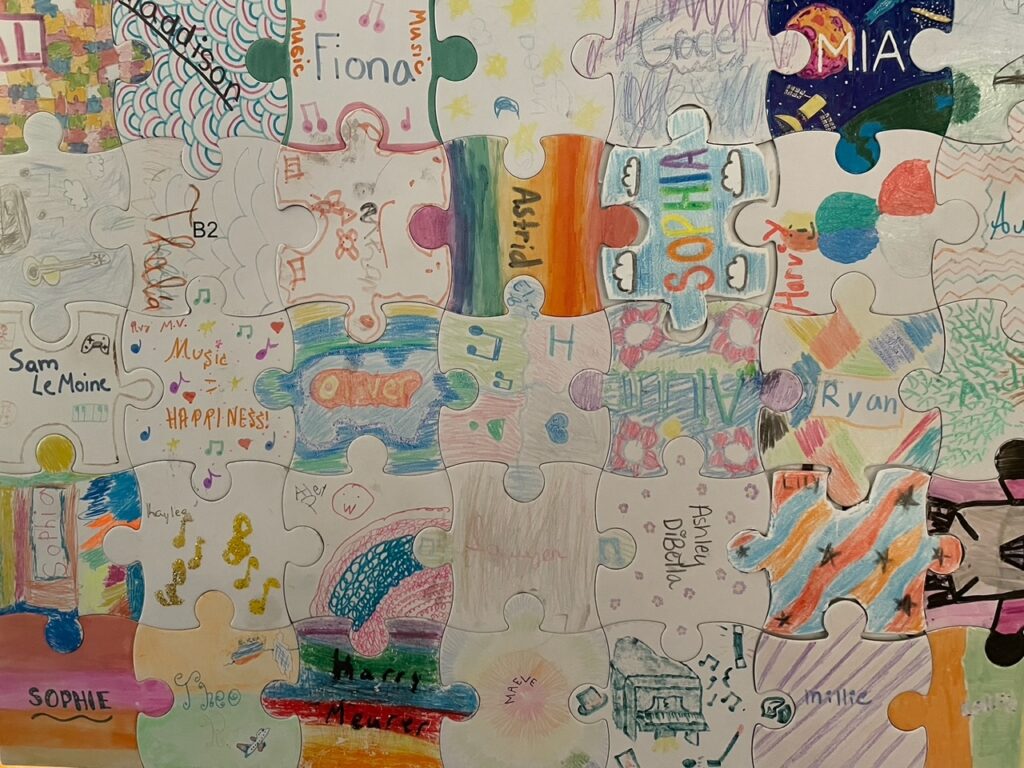
A collaborative puzzle with each individual piece designed by each student in the studio to show how we all work together in these project based fundraisers.
What are some of the other fundraisers you’ve done with your students?
Every year the practice projects have become more directly involved with the music we study, thus making a direct link between a student’s learning and the idea of using music to help others. Philosophers and musicians starting with Plato have long recognized that music is a shared communal art, needing both a musician and a listener. This idea of community is a natural fit between music making and developing empathy within the recital or practice space.
Our second practice fundraiser project was organized to answer the call of our local Lion’s Club that is dedicated to helping elder citizens on reduced incomes afford glasses and optometry visits. Titled “I Care for Eye Care”, we sight read pieces at every lesson. And students earned a dime for every piece read by sight. We made a chart of every student in the studio. Each name was followed by a row of pictured dimes. We colored these in and so everyone could see the number of pieces the whole studio read by sight! We were invited to the Lion’s Club annual meeting, where my students actually handed in the check in person.
These were fairly straightforward fundraisers, but they worked and set us on a path to doing this every year. Our subsequent fundraisers became more developed. These two beginning projects were followed by:
3. Fundraising for the David Sheldrick Wildlife Trust in Nairobi, Kenya to adopt baby elephants whose mothers were killed by illegal poachers. The music we studied this year often related to an animal theme. And we could make a point about ivory keys on the piano now that ivory is banned.
4. Working with our local Audubon Society to support the rescue missions of cold water stunned endangered Kemp’s Ridley Turtles…due to global warming. Our recital music themes were based on the topic “Water Music” and included advancing students study of Handel’s keyboard music.
5. The Lincoln Center of the Performing Arts in Tirana, Albania. We raised money to buy entire series of pedagogical books since this school had virtually nothing after a long period where the arts were banned under a dictatorship. We studied music by Eastern European composers, including Bartok’s Microcosmos. A noted Albanian composer, Alban Dhamo, wrote music I commissioned for our studio based on Bartok’ use of folk music.
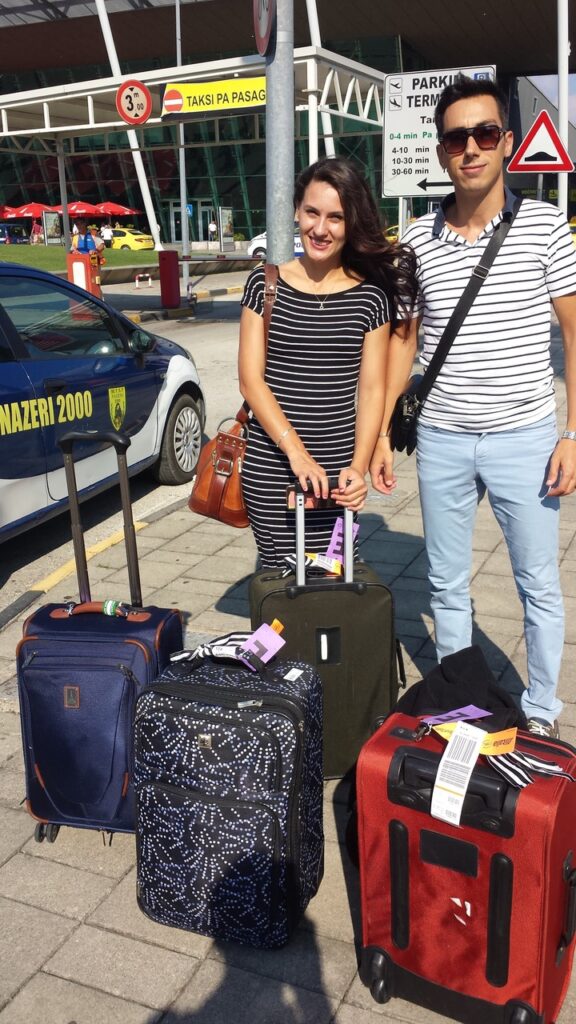
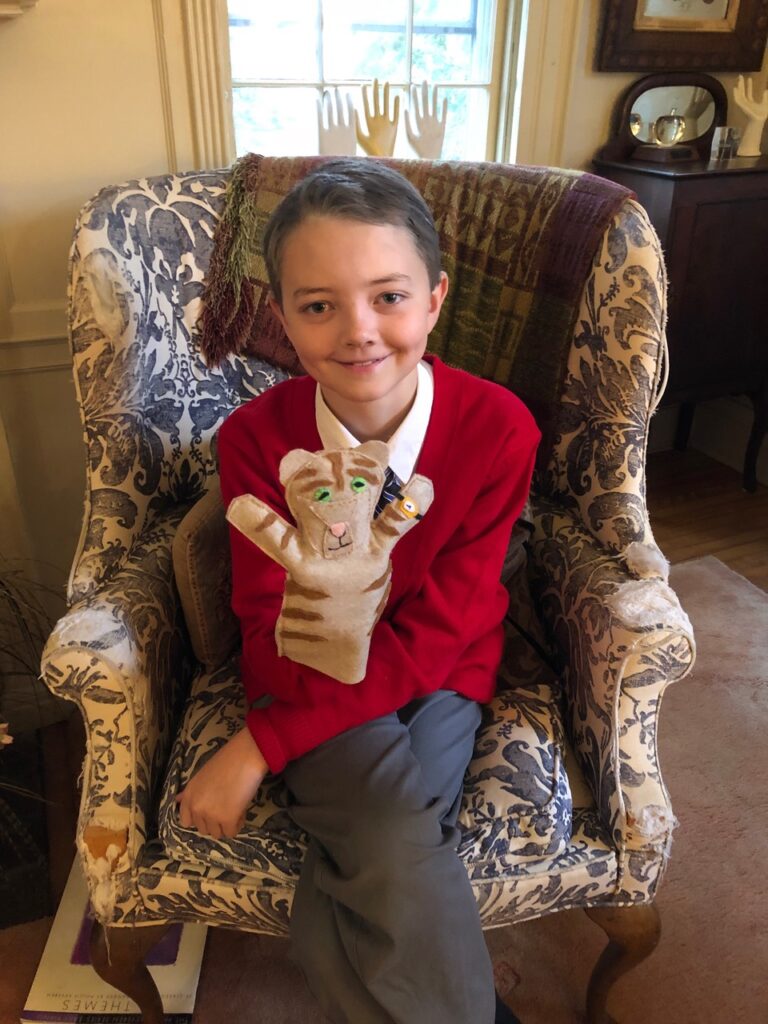
6. Raised money to help fund the new music school built entirely out of recycled materials from ocean debris on Easter Island, Chile. Noted concert pianist Mahani Teave, gave a concert this year near my studio as part of a National concert tour. She recognized my students from the stage and stated how our $1,000 contribution came at a crucial time of the building of the music school Rapa Nui: a first on Easter Island. Our music centered around an oceanic theme, including pieces like Burgmuller’s The Storm.
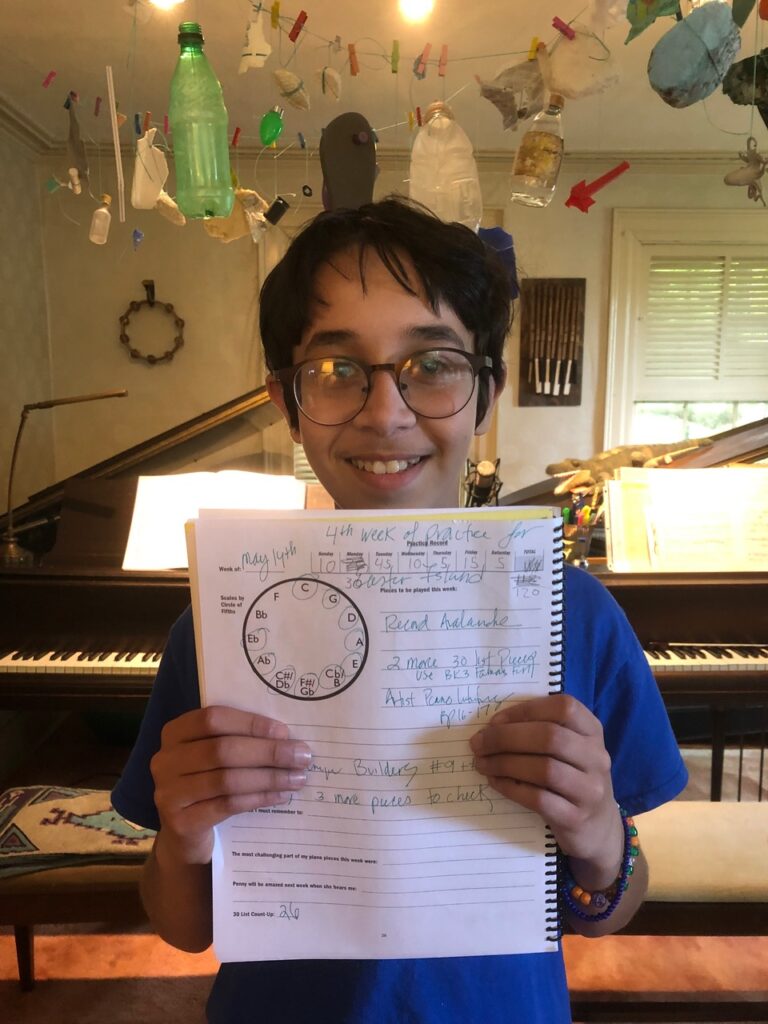
7. The year before COVID we worked on music composed by historic women. And our fundraising went to commission two graduate students of composition and their professor Eleanor Aversa at the Berklee School of Music in Boston to create 10 early elementary arrangements of melodies by Clara Schumann, Fanny Mendelssohn, Amy Beach, etc. These pieces are available on the SuperScore App and on SheetMusic Plus website under my name, Penny Lazarus Piano Studio!
8. Our women’s composer project lead directly the following year to the study of music by composers of color and we partnered with the Hamilton-Garrett Center for the Performing Arts in Roxbury, MA that supports economically strapped students of color with scholarships to study music.
9. Last year, we studied Native American composers by teaming up with Chickasaw Oklahoma composer Jerod Impichchaachaaha Tate and MIT Choctaw composer Charles Shadle. Our fundraising reached $2,000 for this project and funded the rental of keyboards for a summer composition camp at the First American’s Museum in Oklahoma City.
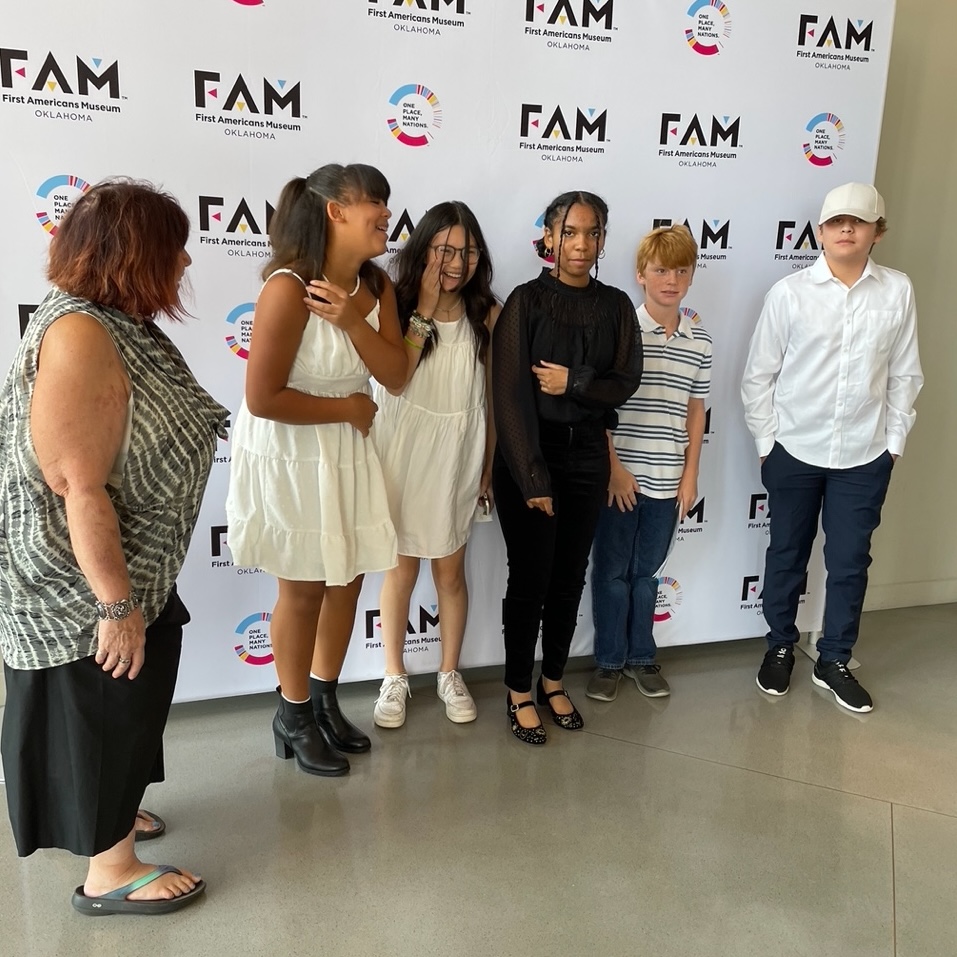
10. Last year, our project was titled “A River Runs Through US” and was based on learning more about our salt water river, the Merrimack, and the environmental problems that are being caused by global warming. Our partner is GroundWorks Lawrence which is dedicated to helping the Hispanic and Asian communities of Lawrence, just upriver form us, with recovering areas laid waste by industrial pollution to turn these acreages into community gardens and productive local farms. We studied music by Hispanic and Asian composers and music about river and waterways. Yes, a student is working on “A River Flows Through You” by Yiruma!
11. This year’s project is titled Bridges and Borders. We are already actively at work with a local refugee and legal immigration group to help them help people who are newly settling into Lowell, MA, a city just 20 miles from my studio. There is so much music to plug into this….Canadian and Latin American composers, as well as any composer who has immigrated to the US.
How do you go about choosing which worthy cause to support each year?
Each project seems to flow from the one before it. The project must allow for musics that can be played by all ages and many kinds of genres in order to build the connection between our piano study and the community. Students help me develop a list of possible pieces. My research each year, which is exciting in and of itself, produces pieces I have never taught before, which energizes me!
What are some of the logistics for the fundraisers in terms of timeline, tasks your students complete, amounts generally donated, etc? How do you help ensure the fundraiser will be successful, without imposing on your studio families in any way?
First, no one in the studio is obligated to give. I do ask everyone to track their minutes of practicing one way or another. This in itself is very conducive to our primary objective in a music studio. I don’t collect any donations until the end of the practice project. Families are encouraged to find multiple sponsors such as grandparents and aunts and uncles to split the contribution within a family unit. Although, most families will give exactly the amount their students raise to the penny! Others will round up or round down to whatever they feel they can comfortably contribute. No questions are asked. No one is forced or expected to contribute although almost everyone does. I know the families whose budget of piano lessons is hard enough or they are on scholarship with me. If they would like, I find sponsors for them through Facebook friends and parents of Alumni students, who are always happy to volunteer to support a student. Every student is included in the acknowledgements of the studio. Always.
Give yourself time to develop an idea and to announce this within your studio. I start talking about our annual project in September of a new year. There is often a group event that takes a deep dive into understanding the mission of our community partner. Last year, my students were invited to spend a day on the farm that is supported by our partner GroundWorks Lawrence; my students got to work with students their age from the multiethnic city of Lawrence, which is more culturally diverse than our hometown of Newburyport.
What has been the impact of your fundraisers — on both the recipients as well as your students?
In short; enthusiasm. And a commitment to the studio and student’s wanting to continue their music studies. I have seen my students continue to study piano with me at the high rate of 92%. Young students are naturally empathetic; if you provide students and their families an opportunity to contribute by helping others, we are modeling excellent citizenship. We can also make connections in the way we think of our music as having real emotion and musicality through expression by encouraging our own lived experiences as a part of student’s thinking about their music. I have had students share with me their wish to honor their Native American, Hispanic, Female and Black identities with the music they choose to play.
What other tips or advice do you have for other teachers interested in organizing a fundraising project with their students?
- Communication and Organization. Use your studio bulletin boards and hallways to provide information about your practice fundraiser. Promote student’s work and their interests. I use the ceiling of my studio, where I have strung wire so that I can hang, using mini clothes pins, student photos with the pieces and listing the composers they are studying that tie into our practice project. When we studied Native American Composers, we hung cut outs of the states where indigenous tribes are now living and the composers who work there, along with the names of the students who were playing their pieces.
- Make connections between your studio, the music played and the fundraising partner in any way you can.
- Give yourself time to explore possibilities and connect specifically with a fundraising partner. Try to make the cause you are supporting as specific as possible: i.e. Keyboards for a composing camp.
- Finally, start small. As in your own community. Make this as personal as you can to your families.
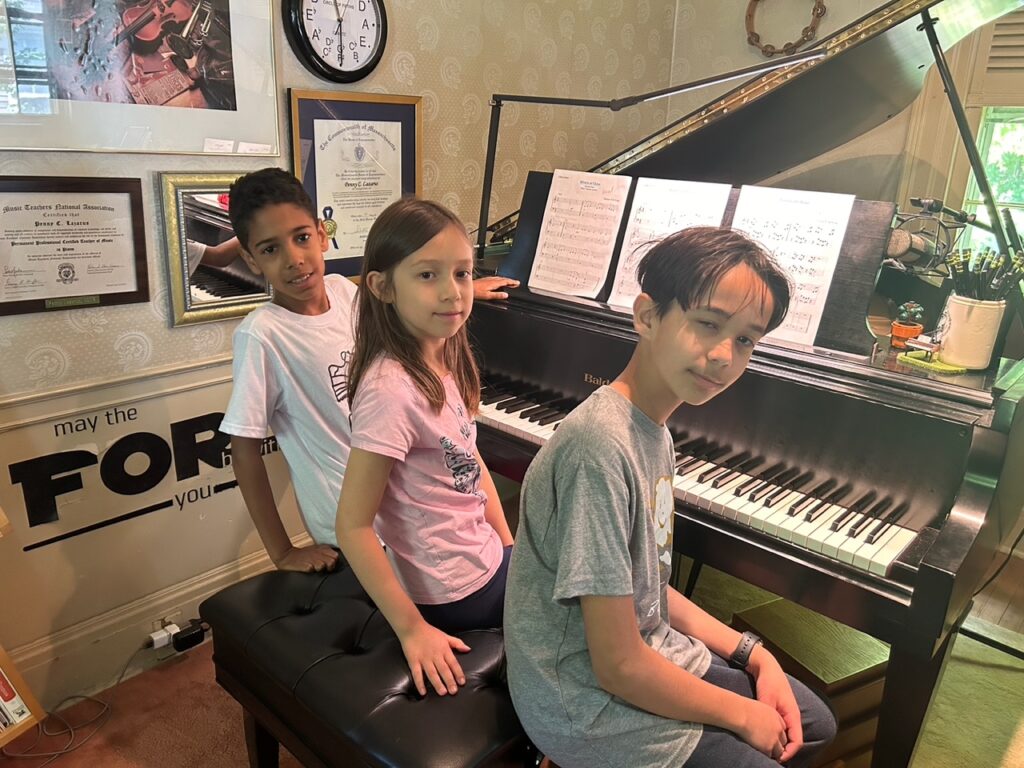
Penny, THANK YOU so much for sharing with us about your annual studio fundraising projects. This is so inspiring to hear of the impact these projects have had on others as well as your students!
Your turn: What did you enjoy most about hearing about Penny’s studio fundraising projects? Have you ever done anything similar in your piano studio, in relation to their themed projects or fundraising? Leave a comment below.
PS: Would you or a colleague enjoy being part of a Teacher Feature article? Let me know here!


This is such an incredible idea. I love everything about it! Questions: Can each student have more than one sponsor paying for each minute of practice time? Or do their sponsors divide the total amongst themselves? Do you have repertoire lists for each project/theme?
Thanks so much for this wonderful post, Joy!
Hi Laurie! You can manage sponsors any way you like! I have had parents and grandparents love the idea so much that they both contribute thus doubling the amount of giving. But I want to make sure that families can encourage splitting the donation among several family/friends so that giving is never a heavy burden for anyone.
I’ve submitted a proposal for this summer’s NCKP conference where I would produce and share my recital repertoire lists. I hope it’s accepted because I would love to work on this and reproduce this for as many teachers as possible! If you decide to try a theme, just write to me and I’ll share what I have. Thank you so much for supporting this idea! The more we all do a little something, we make the world a better place.
Joy, what an incredible story! Thank you for sharing!
Thank you Maryjane!
What a wonderful, potentially gratifying project for everyone! I am very intrigued and think I will start something like this in February when, in Canada, we are in the winter doldrums. It seems like a great motivator and one my students and families would be interested in. Now on to the planning!
These are great to plan for the winter doldrums! Don’t hesitate to write me if you have questions once you start! Thank you so much for reading and being inspired!